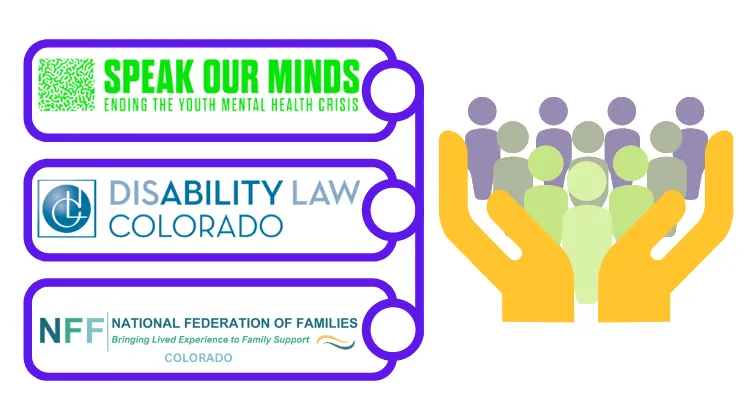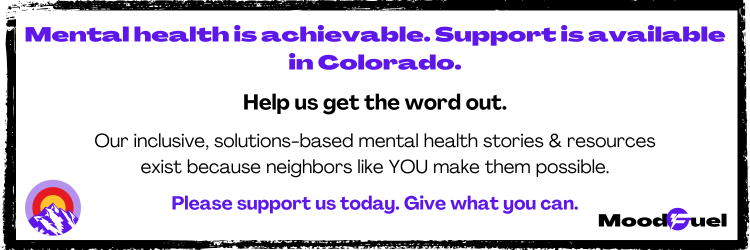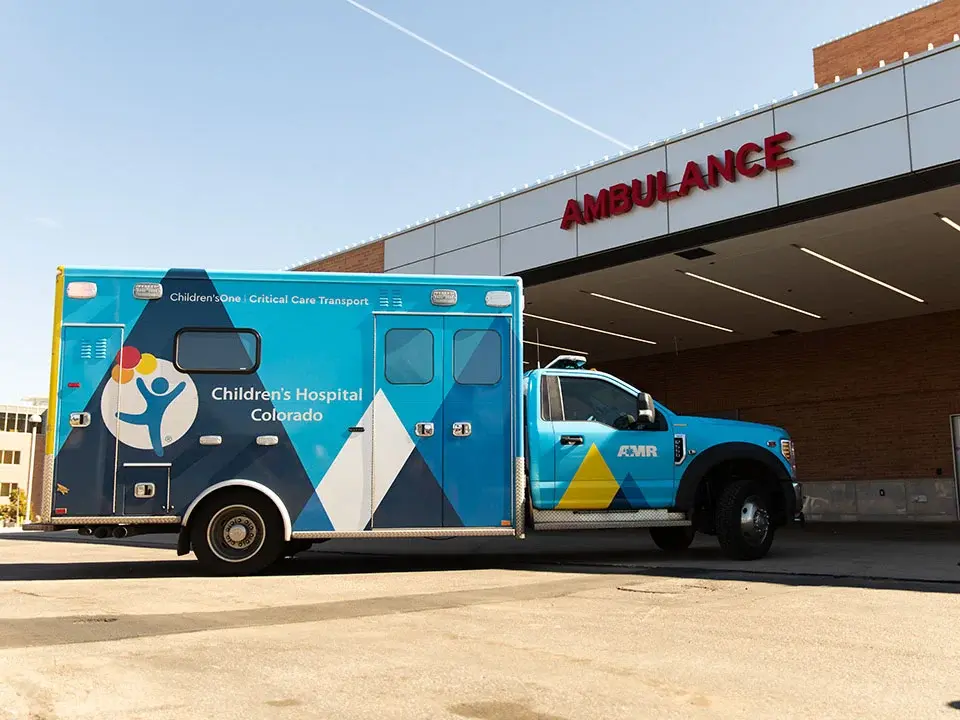By Renata Hill, Moodfuel
Lawsuit holds Colorado accountable with one year to develop a plan for treating Medicaid youth with acute mental health challenges
The State of Colorado has settled a class-action lawsuit brought by three teen neighbors, all struggling with serious mental illness, who have been unable to access home- and community-based support via Medicaid. They represented a class of children who asserted that the lack of suitable treatment options forced them into institutionalization for long periods.
The lawsuit aimed to hold Colorado accountable for not providing intensive treatment services to young people with mental disorders through Medicaid as required by federal law. It claimed that Colorado relies on institutions, resulting in hundreds of children sitting in hospitals and residential facilities, including some out of state. There, they suffered due to lack of familiar surroundings and family support. After release, the children received little to no follow-up care, minimal medication and inadequate counseling to improve their mental health.
According to Heidi Baskfield of Speak Our Minds, an organizer of the lawsuit, Colorado does not offer a cohesive, organized system nor funding for youth mental health care. “Settling this lawsuit is a great first step forward," she said. "Now, we need to focus on working with the State ... and stakeholders to help develop a plan over the next year that will help keep our youth healthy and in their communities instead of emergency rooms and institutionalized."
The settlement agreement, reached on Feb. 24, requires the Colorado Department of Health Care Policy and Financing (HCPF) to develop and implement a system of care for Medicaid members ages zero to 21. The agency has 12 months to develop and submit a plan for court approval and must implement it within five years. A third-party social work expert will oversee the process.

The plan will include intensive care coordination, medication management, mobile crisis intervention and mood and behavior stabilization. It will involve a systematic approach to identifying and accessing services, a provider outreach plan, standardized assessment processes and preventative practices to increase mental health and avoid emergency room visits and out-of-home placements.
According to data from HCPF, 629,000 children on Medicaid in Colorado may benefit from the upcoming policy changes and increase in mental health treatment availability.
A coalition of nonprofits organized and assisted with the suit. The first is Speak Our Minds, a new, Denver-based spin-off of the Children's Hospital Association, that focuses on creating a concrete action plan for ending the national youth mental health crisis. The second is Disability Law Colorado. This law organization is deeply familiar with the challenges faced by people with serious mental illness and was instrumental in achieving the federal consent decree against the state for illegally detaining in jail before trial residents living with serious mental illness. The third organization is the Colorado Federation of Families for Children's Mental Health, a statewide partnership of families who have children with disabilities, including mental illness diagnoses.

A statement from HCPF said "all parties agreed that their time and efforts are better spent working to improve intensive mental health services in Colorado rather than litigating the case in court.” HCPF administers Colorado's Medicaid programs.
Under the Early and Periodic Screening, Diagnostic and Treatment Service provisions of the Medicaid Act, eligible youth are entitled to receive medically necessary mental health services. The lawsuit wanted these provisions enforced with timely access to treatment.
Colorado is not alone in failing to provided federally mandated mental health treatment for youth through Medicaid. Over the last several years, advocates filed similar lawsuits in many states, including Iowa, Georgia, New York and Louisiana, to establish comprehensive systems of mental health care for children.




